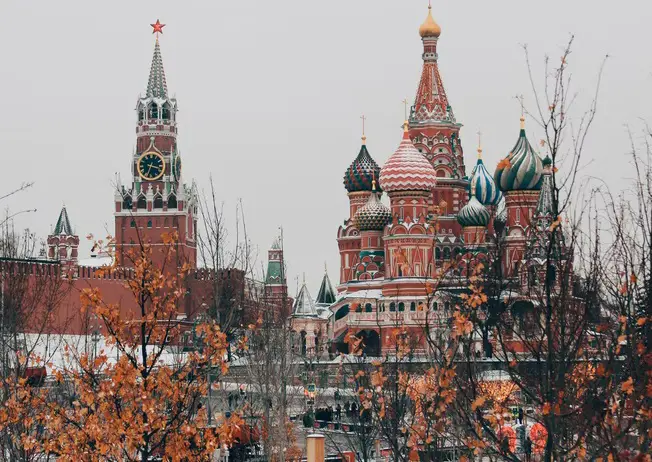Russia Deputy Prime Minister Aleksandr Novak said on Tuesday that Russia and China are developing a financial settlement system which will facilitate cross-border economic transactions while bypassing the Western SWIFT financial messaging system.
Both nations have moved quickly toward methods of settlement using domestic currencies, rather than the US dollar and the euro, due to rising geopolitical tensions between the West and both China and Russia.
Novak explained, “In gas contracts we are already switching to settlements in national currencies – in rubles and in yuan – on a parity basis. Supplies of oil and oil products, as well as coal, are also being switched to payment in national currencies.”
Novak noted that this may ultimately facilitate the transformation of the ruble and yuan into global reserve currencies, as it helps to avoid financial risks from political tensions suddenly leading to sanctions that cripple a nation’s trade status. He added, “In this regard, the Central Bank of Russia and the People’s Bank of China are working on the possibility of opening accounts for Russian companies in China and vice versa, creating a settlement system without using SWIFT.”
Facing Western sanctions designed to cripple its international trade, Russian President Vladimir Putin had called for a new independent financial platform that would facilitate international settlements, as he emphasized that the global economy needed to be more open and unbiased.
Since many of Russia’s banks were disconnected from the SWIFT system earlier in the year, Moscow has been promoting their own domestic payment system as a reliable alternative to the Western systems, for those who wished to trade with Russia.
The Russian SPFS interbank messaging system was begun in 2014, amid the threat of Western sanctions following Russia’s occupation of Crimea, and works similarly to SWIFT. It facilitates secure financial messaging between banks, both inside and outside of Russia.
It was announced in April by Russian Central Bank Governor Elvira Nabiullina that the Russian system had provided access to 52 foreign organizations and 12 different countries. However the regulator emphasized it would keep secret the identities of participating nations and entities, to protect them from the threat of being issued secondary sanctions by Western nations for continuing to deal with Russia in spite of the West’s economic sanctions on the nation.

